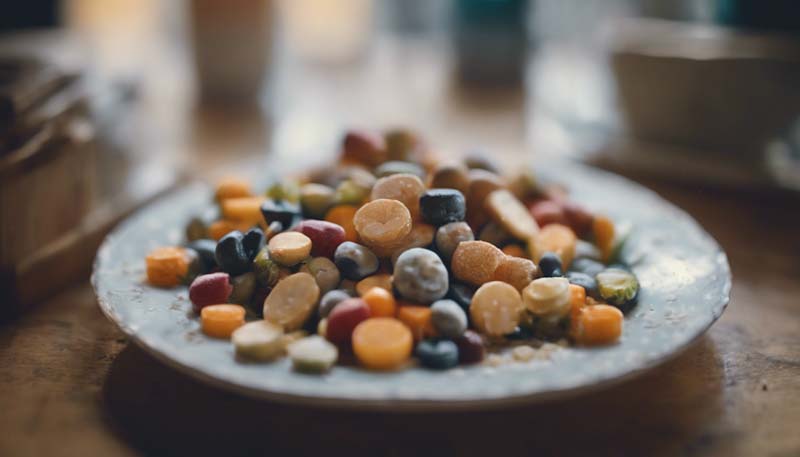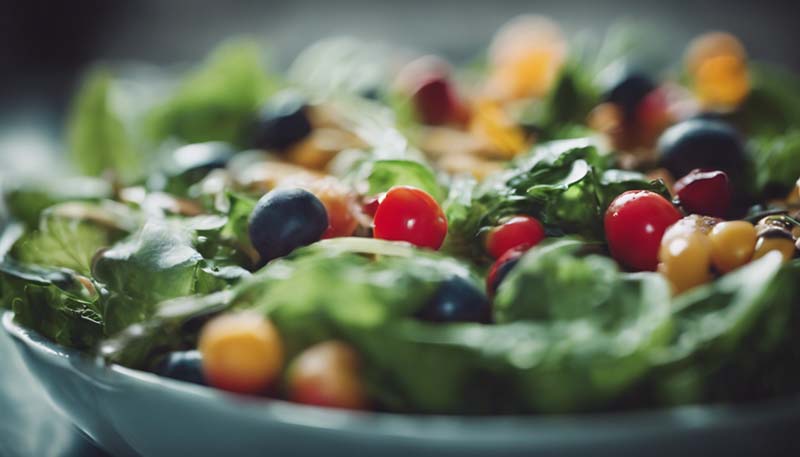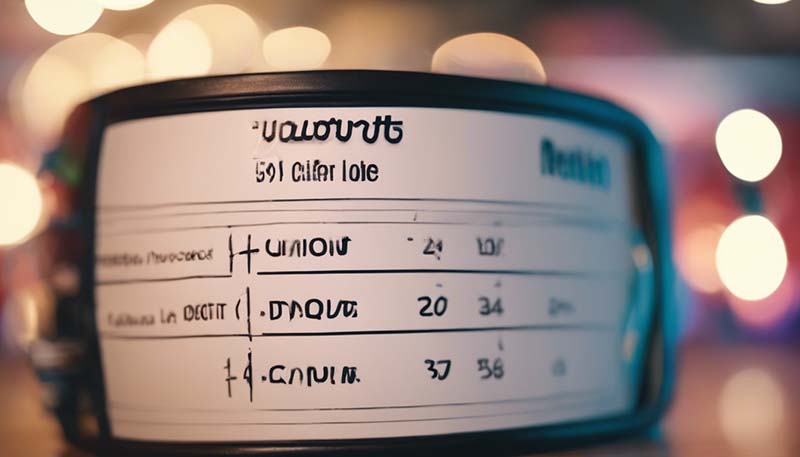How to Eat Healthily with Irritable Bowel Syndrome
Irritable Bowel Syndrome (IBS) is a common disorder that affects the large intestine. Symptoms include cramping, abdominal pain, bloating, gas, diarrhea, and constipation. While IBS is a chronic condition, managing your diet can help reduce symptoms and improve your quality of life.
Understanding Your Triggers
Everyone's body is different, and certain foods may trigger IBS symptoms in some people but not in others. It's important to identify your personal food triggers to manage your IBS effectively.
Diary or Food Journal
Keeping a diary or food journal can help you track what you eat and how you feel afterward. Note down the foods you eat, the time you eat them, and any symptoms you experience. This information can help you identify patterns and potential triggers.
Eating a Balanced Diet
A balanced diet is essential for overall health, including managing IBS. It should include:
Fiber
Fiber can help regulate bowel movements. However, it's important to increase your fiber intake gradually to avoid gas, bloating, and cramping. Both soluble and insoluble fiber are important:
- Soluble fiber: Found in oats, barley, beans, apples, and strawberries. It absorbs water and forms a gel, which can help with constipation.
- Insoluble fiber: Found in whole grains, nuts, and vegetables. It adds bulk to your stool and can help with diarrhea.
Fluids
Staying hydrated is important for digestion and can help prevent constipation. Aim for at least 8 cups of water a day, and more if you're physically active or live in a hot climate.
Protein
Protein is essential for maintaining muscle mass and other bodily functions. Good sources include lean meats, fish, eggs, beans, and dairy products.
Foods to Avoid
Some foods are more likely to trigger IBS symptoms. While everyone is different, the following foods are commonly problematic:
- High-FODMAP foods: These include onions, garlic, wheat, and certain fruits. Reducing your intake of high-FODMAP foods can help manage IBS symptoms.
- Caffeine: Coffee, tea, and soft drinks can stimulate the digestive tract and worsen diarrhea.
- Alcohol: Can cause dehydration and worsen IBS symptoms.
- Fatty or Fried Foods: Can be hard to digest and may cause stomach pain and diarrhea.
- Carbonated Drinks: Can increase gas and bloating.
Eating Habits
In addition to the foods you eat, how you eat can also affect your IBS symptoms:
- Eat Regularly: Skipping meals can cause your stomach to produce more acid, which can lead to discomfort and heartburn.
- Smaller Meals: Eating smaller, more frequent meals can help reduce bloating and discomfort.
- Chew Food Well: Chewing your food thoroughly can help with digestion and reduce the amount of air you swallow, which can cause gas.
- Avoid Eating Too Quickly: Eating too quickly can cause you to swallow air, which can lead to gas and bloating.
Getting Support
Living with IBS can be challenging, but you don't have to face it alone. Consider seeking support from a registered dietitian, who can provide personalized advice and help you develop a meal plan that works for you. Support groups and online forums can also offer valuable advice and emotional support.
Remember: It's important to consult with your doctor or a healthcare professional before making significant changes to your diet. They can provide guidance based on your specific needs and health history.
Managing IBS through diet can be a process of trial and error, but with patience and persistence, you can find a way of eating that reduces your symptoms and allows you to enjoy a fulfilling, healthy life.






























Join the discussion